Keywords: Covid
There are more than 200 results, only the first 200 are displayed here.
-
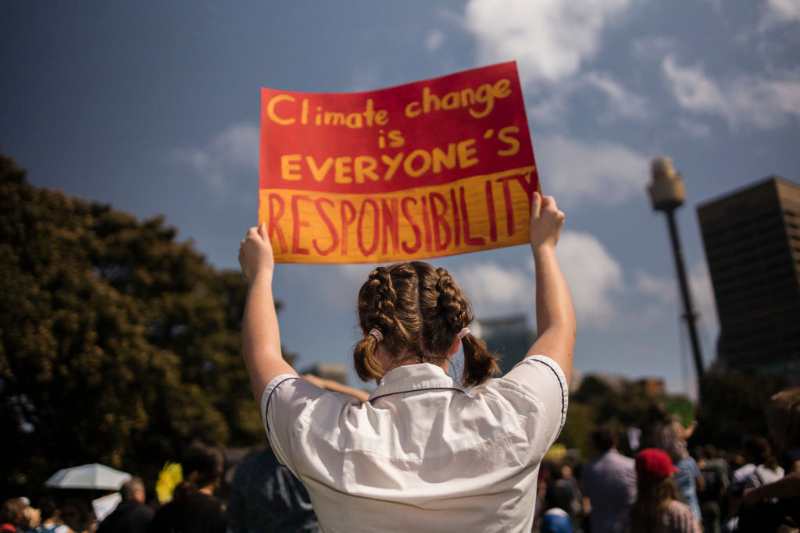
ENVIRONMENT
- Cristy Clark
- 13 September 2021
7 Comments
It was reported recently that Coalition MPs have been calling for an expansion of the government’s school chaplaincy program in order to reduce the mental health impacts of climate change ‘activism and alarmism’ on children. Yes, that’s right, they want to address the mental health impact of activism, not the impact of the actual, visible effects of climate change itself, or the very real threat that it poses to children’s futures.
READ MORE 
-
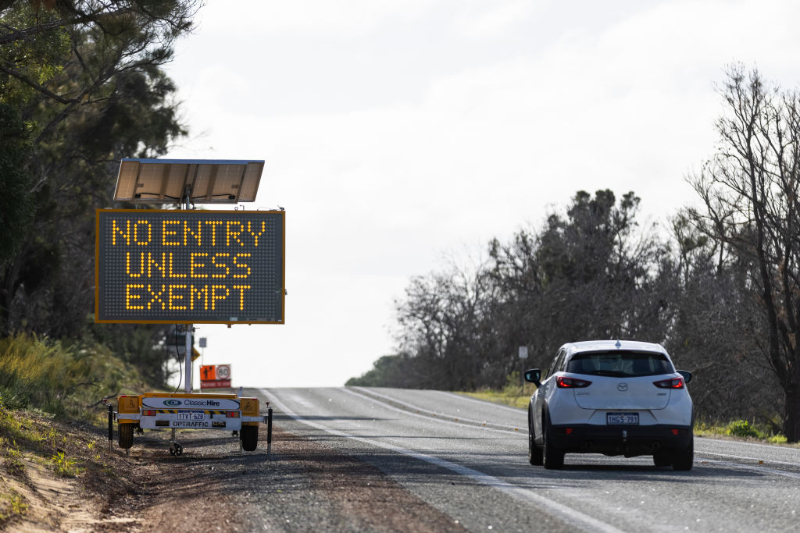
AUSTRALIA
- Frank Brennan
- 09 September 2021
5 Comments
Clive Palmer is one Australian wanting to smash border restrictions during this time of pandemic. He is threatening to go back to the High Court seeking recognition of his right as an Australian citizen to travel freely between the States. In particular he claims the right to enter Western Australia where he has significant mining interests.
READ MORE 
-
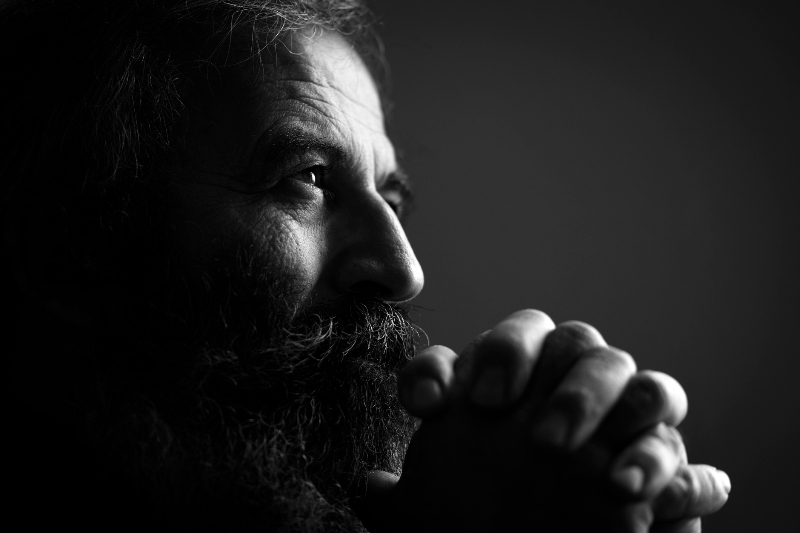
AUSTRALIA
- Barry Gittins
- 09 September 2021
1 Comment
What does it take to lose hope? For the 4,000 people who attended the anti-lockdown protests in Melbourne last month, an odd coalition of the frustrated, the scared, the angry and the hurt, it takes 18 months of pain and the ensuing changes in employment status, isolation from family and friends, and losses in lifestyle and individual liberties.
READ MORE 
-

RELIGION
- Andrew Hamilton
- 09 September 2021
24 Comments
In recent weeks the value of human life has become a topic of public conversation in different contexts. Proposed legislation on abortion and assisted dying has continued to focus attention on it. Debate about loosening COVID restrictions has also balanced the risk of death from the disease with risks to health and economic welfare from lockdowns. In Afghanistan the victory of the Taliban has again raised questions about the morality of the war and the killing involved by both sides.
READ MORE 
-
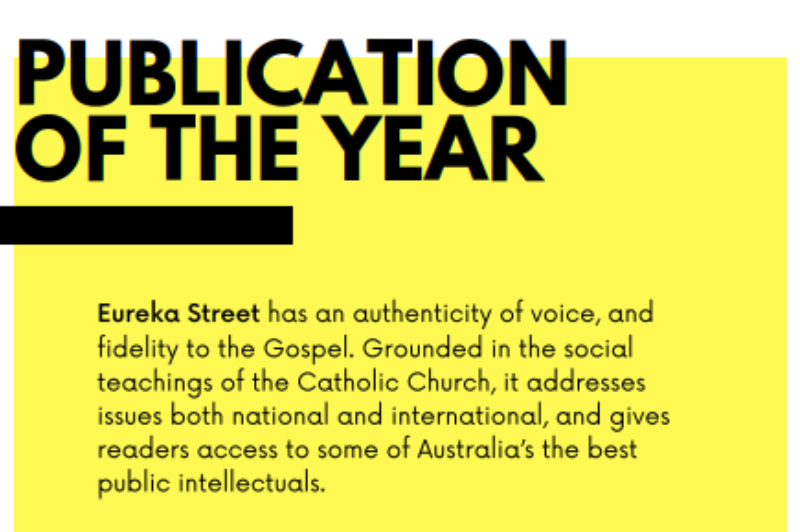
INFORMATION
Eureka Street was named Publication of the Year at the 2021 Australasian Religious Press Association Awards, with the judges citing its 'authenticity of voice and fidelity to the Gospel'. They said Eureka Street was 'grounded in the social teachings of the Catholic Church, it addresses issues both national and international, and gives readers access to some of Australia's best public intellectuals.'
READ MORE 
-

AUSTRALIA
- Andrew Hamilton
- 02 September 2021
11 Comments
As restrictions drag on and the number of infections rises, more Australians are asking when lockdowns can cease. Federal politicians and business leaders have argued the case for a quick ending while claiming the authority of scientists. Science being science, the relevant questions have been tied to numbers. They have asked: how few cases should there be in the community before leaving lockdown? What percentage of the community must be vaccinated before the lifting of restrictions? What number of deaths should be tolerated for the gains of opening the economy? And when precisely should the opening of Australia take place?
READ MORE 
-
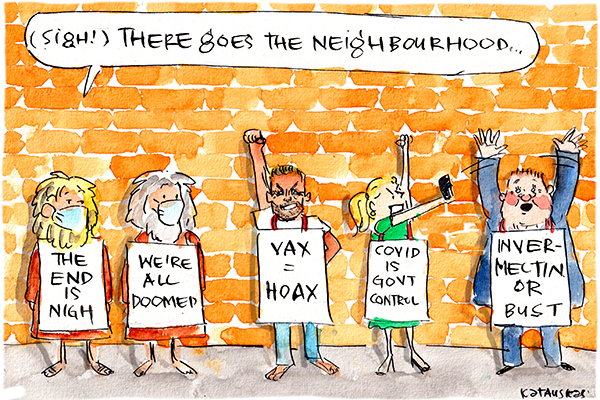
CARTOON
- Fiona Katauskas
- 31 August 2021
2 Comments
READ MORE 
-

RELIGION
- John Warhurst
- 26 August 2021
25 Comments
Those of us who are members of the Plenary Council are now strapped in for what looks likely to be an uncertain ride. Some members, having concluded their initial formal formation and training, are now meeting in officially organised discussion sessions to build up their preparation for the first assembly which is now just over a month away.
READ MORE 
-

AUSTRALIA
- Paul Cutler
- 24 August 2021
21 Comments
I believe in the rule of law and I appreciate that the proper application of the law does not always produce a fair or popular result. I also believe that Australia's refugee policy is too harsh and deeply flawed. However, that policy is bipartisan and appears to be inexplicably popular. The same 'fortress Australia' mentality is evident in our efforts to contain Covid-19.
READ MORE 
-

AUSTRALIA
- John Watkins
- 19 August 2021
8 Comments
Since its unwelcome arrival over a year ago, the COVID-19 pandemic has presented us with a range of moral and ethical quandaries — some hypothetical, some deeply pragmatic.
READ MORE 
-
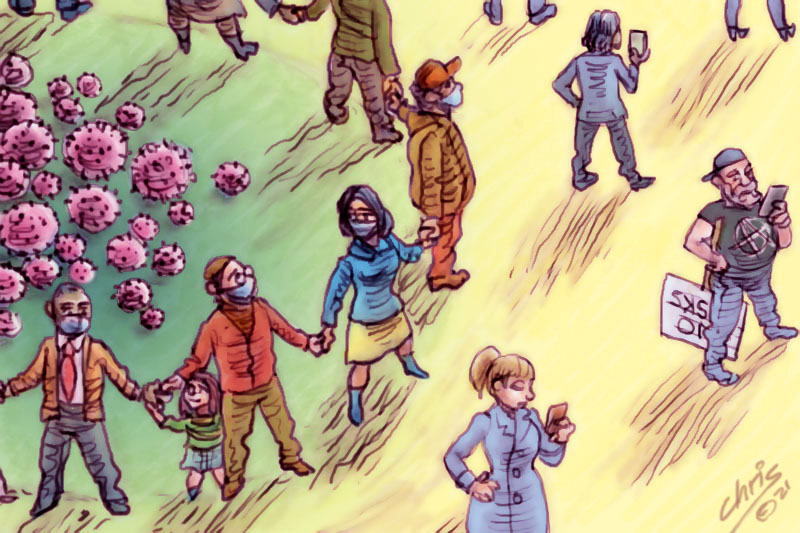
AUSTRALIA
- Barry Gittins
- 17 August 2021
10 Comments
In his 83 years, social psychologist, researcher and author Hugh Mackay has seen the sun rise and set on regimes, ideologies, cults, fads, movements and manias. He has also seen language used to clarify and build common ground, or to confuse and demoralise. One constant throughout these years has been his fascination with how human beings treat each other and their planet, and why.
READ MORE 
-

ECONOMICS
- David James
- 12 August 2021
4 Comments
The biggest mystery of the financial markets is why, when the monetary authorities have been printing money with their ears pinned back, is inflation for the most part not a problem? What happens with inflation is crucial to the short-term survival of the whole system. Global debt, which is running at well over 300 per cent of global GDP, is only sustainable because interest rates are exceptionally low (the base rate in Australia is only 0.1 per cent). And interest rates are low because inflation is not a problem.
READ MORE 